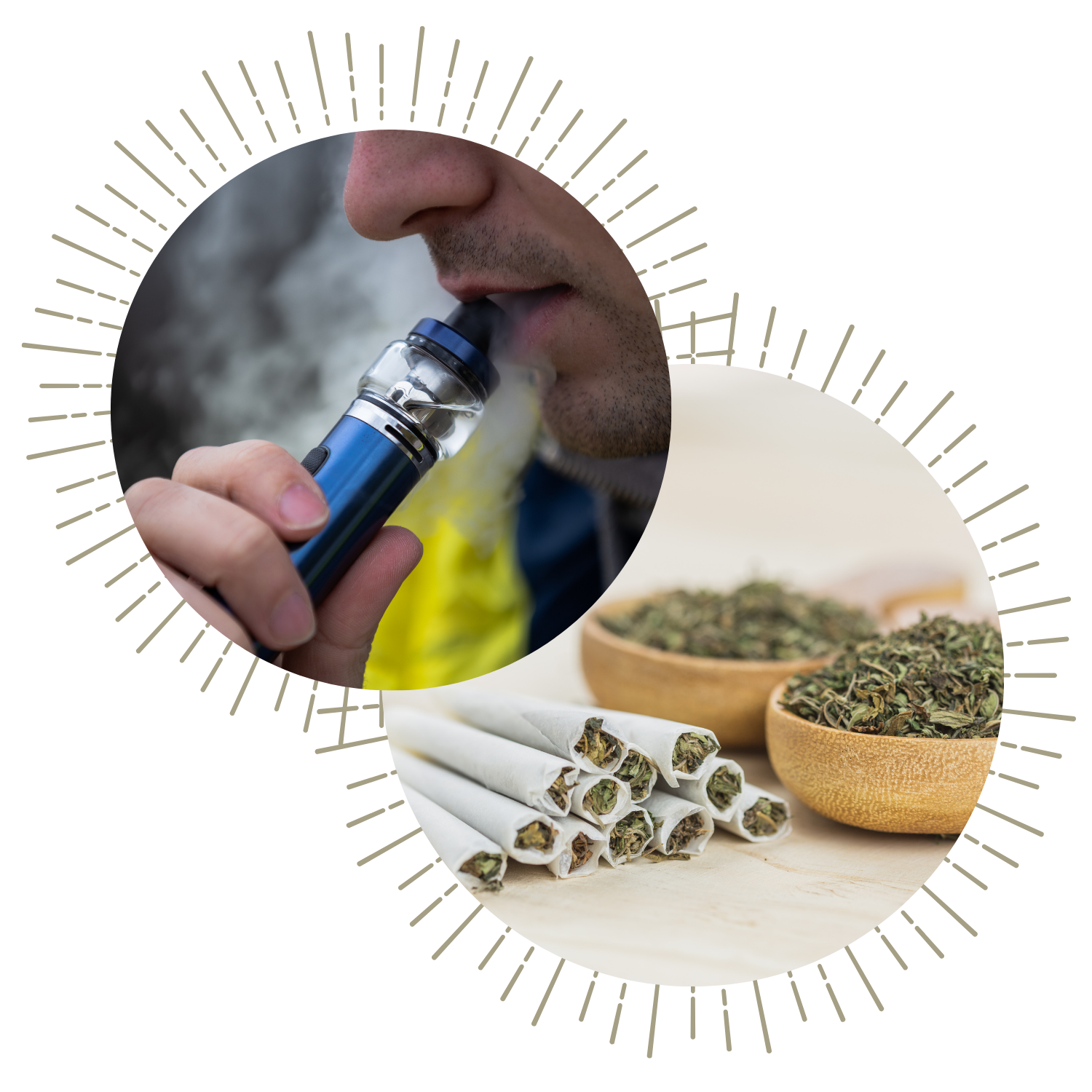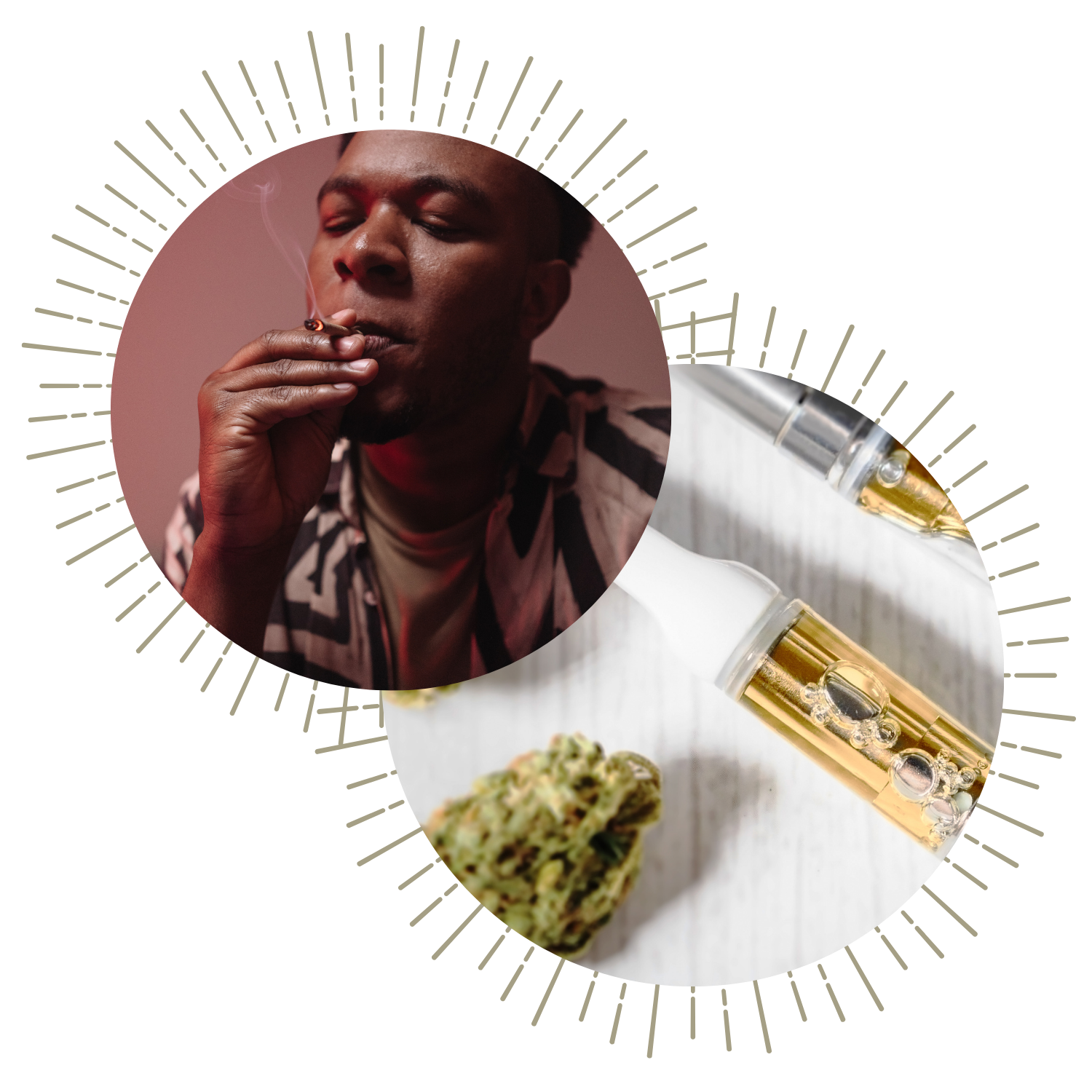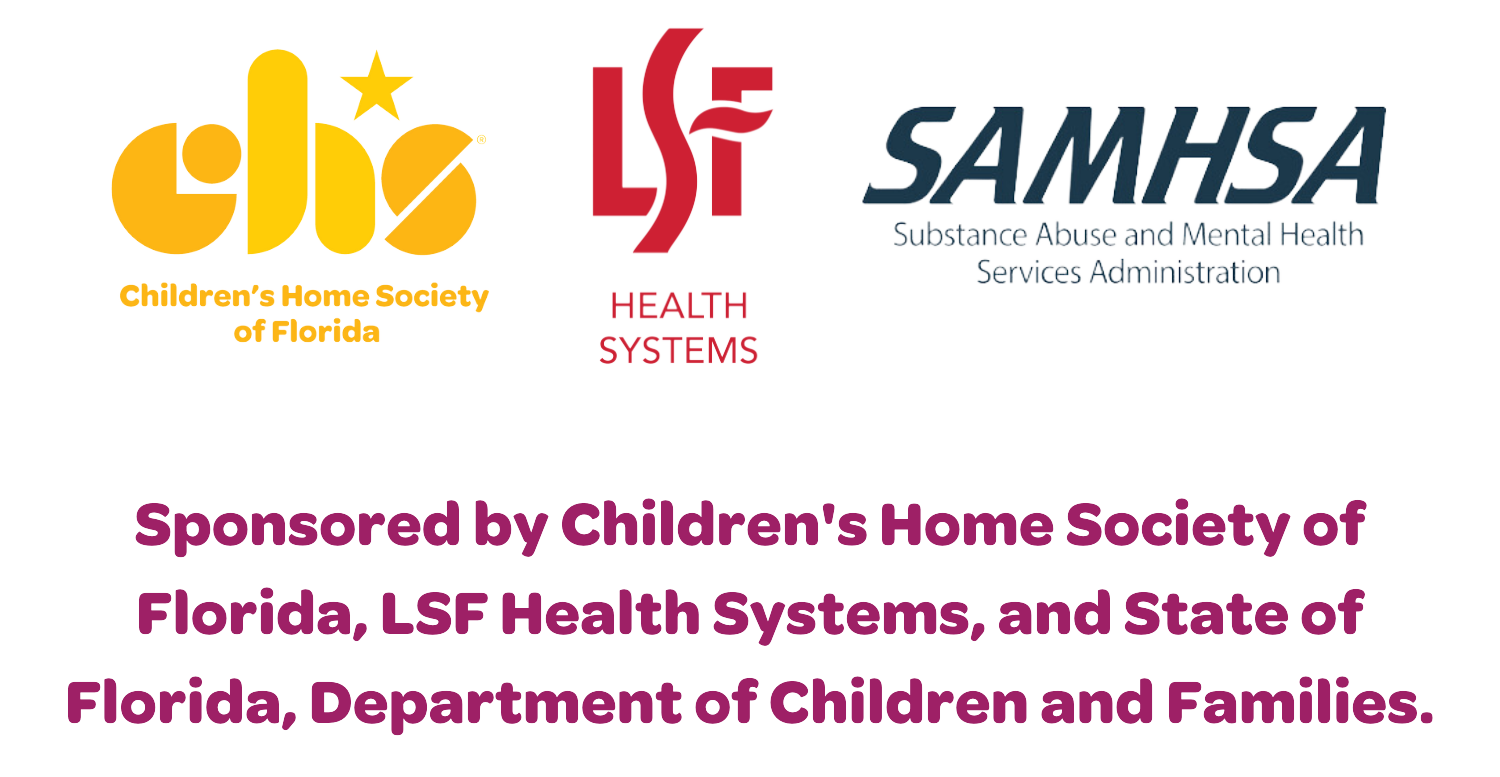Your browser is out-of-date!
Update your browser to view this website correctly.

Thanks- Management
Update your browser to view this website correctly.

Thanks- Management
Research from the National Institute on Drug Use suggests that 1 in 6 teens who use marijuana develop an addiction. For these teens, our Cannabis Youth Treatment program is here.
Referred students take part in:




This FREE program is available to students attending Ed White High, A Community Partnership School in Jacksonville. While students who receive citations for being in possession of cannabis at school will be referred, parents and teachers can also self-refer their teens.
We will work with you to navigate the treatment process. During or after school* we’ll connect via counseling sessions to explore the “why” behind your desire to take part in marijuana use and the dangers behind it, as well as alternatives for managing emotions and unknowns.
*Other accommodations can be made to fit your family’s needs.
Finding out your child is using cannabis will likely stir up strong emotions, but your reaction may be a deciding factor in how you’ll be able to help them.
As with any drug, the effects of marijuana can be addictive. While some teenagers may try marijuana once and never touch it again, others may develop an addiction that can have a negative impact on the rest of their life.
If you find these issues arise and your teen is a student at Ed White High School, A Community Partnership School, it is recommended that you seek out treatment for your teen by contacting us at the email below.
To learn more or ask a question, please contact the CHS team here or via the online form below!

July is National Make a Difference to Children month – a time to reflect on the immense impact we can have on the lives of children. At CHS, we believe every child deserves the opportunity to reach their full potential. So, this month, we invite you to join us in making a difference and find […]
Read MoreMay is Mental Health Awareness month – a time to increase awareness about the vital role mental health plays in our overall health and well-being and to honor the resilience of individuals on their mental health journeys. In Florida alone, over 400,000 children and youth suffer with emotional, behavioral, and developmental issues, yet only about […]
Read MoreReturning to school in-person after the pandemic was stressful for 9 year-old Trinity. Her panic attacks were overwhelming her at school and at home causing explosive meltdowns and unstoppable tears. Trinity’s mom, Tiffany, was determined to find the right support for her daughter to find peace. “She was struggling in every area,” said Tiffany. “It […]
Read More